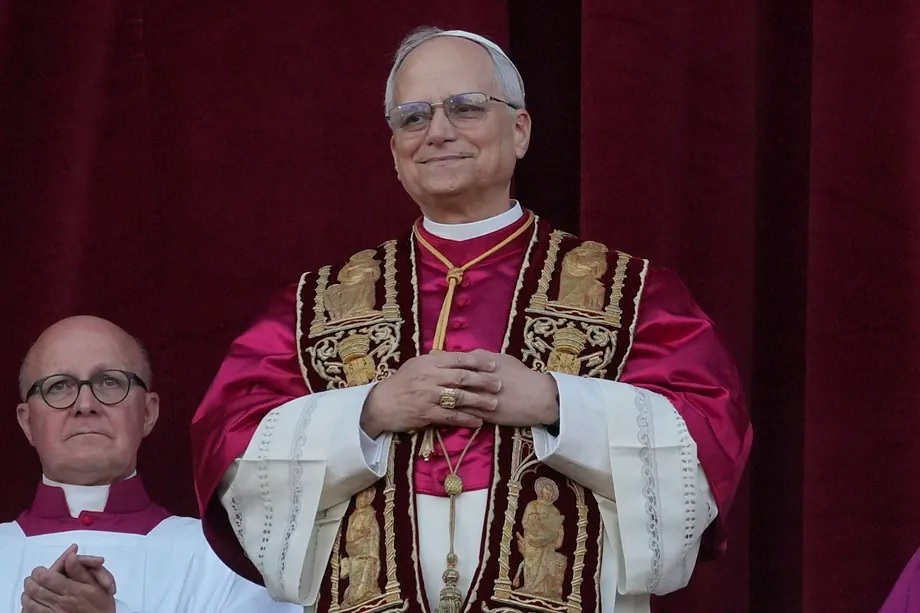On the second day of the conclave, history was being written in the sky over Rome. The white smoke brought joy to the dozens of people waiting in St. Peter's Square, with their eyes fixed on the small chimney of the Sistine Chapel. The white smoke was the unmistakable sign that one of the 133 cardinals had gathered two-thirds of the votes to become the new leader of the Church. It was the American-Peruvian Robert Francis Prevost who finally appeared on the balcony of the Basilica as the new Pontiff, under the name of Leo XIV. Born in Chicago in 1955, he is the first American Pope in history.
In his first address as Pontiff, Leo XIV first addressed the crowd in Italian to make a plea for peace. "Beloved brothers and sisters, this is the first greeting of the resurrected Christ. I would like to offer you a greeting of peace to reach your families, to all of you, wherever you are. May peace be with you," he began. "Humanity needs Christ as a bridge to be reached by God and His love. Help us, and help us, to build bridges through dialogue," requested the 69-year-old American.
After paying tribute to his predecessor, Pope Francis, Leo XIV thanked the cardinals who chose him during the two-day conclave. "We can all walk together towards that homeland that God has prepared for us," he stated. "A special greeting to the Church of Rome." Before calling on the crowd to pray "together" to the Virgin Mary for her blessing and reading a religious passage in Latin in homage to the saints and the Virgin, Prevost took the opportunity to thank his former diocese in Peru in Spanish, "where a loyal people have shared their faith and have given much."
